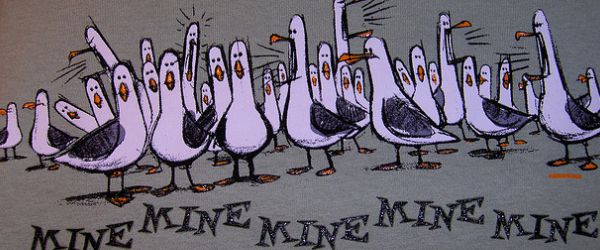As scientists, we become engrossed in our own scientific world. We focus on graduating, publishing a paper, or writing that grant application. Our labs, quite literally, become our world. Which is why we all know the glazed looks in the eyes of non-scientific people who had the misfortune of asking us what we do. As soon as we’re asked about our favorite subject, we launch into a long, drawn-out explanation. A minute later, we lose our audience’s attention. Explaining our research clearly and succinctly is where the concept of the elevator speech comes in.
The Art of Scientific Communication
Although we all strive to become wonderful scientists, we often overlook the invaluable ability to communicate our science to others. Yet, we all want to share our work with our friends and family, who may not be scientists.
Every day we converse using scientific jargon with our colleagues to the point where we don’t recognize jargon as jargon anymore. Learning how to communicate scientific research without using jargon and in an easy-to-understand way takes a lot of skill and practice.
The Elevator Speech
The idea behind the “The Elevator Speech” for you to describe what you do to anyone in 30-60 seconds and have them walk away understanding it. The name is in reference to being able to explain what you do during a short elevator ride.
The elevator speech doesn’t have to be a one-size-fits-all talk. You can and should tailor your speech to scientists and non-scientists. For example, you could have one speech that you give at parties, one for your parents and family, and another for speaking with other scientists at meetings or symposia. The most important part of the elevator speech is that your comfortable with giving it. You should practice and polish your speeches, so that you can rattle them off with the ease of the best-trained actor.
Focus on the Impact of Your Research
Keep in mind that most lay people (and even scientists outside of your specialty) want to know the impact of your work. Will it lead to new pathways? New therapeutic targets? The impact of your research should be the focus of your elevator speech.
Besides being the life of the party, your elevator speeches can serve as motivation during difficult times in the lab by reminding you of why you’re doing this research in the first place.
Good Communication Skills Are a Must for a Successful Career
Developing the skills to explain your science is critical for success as a scientist. Remember that all grant applications have a Significance section, where you can really get reviewers excited about your proposal. Showing prospective postdoctoral advisors that you can explain your graduate work reflects the ability to sell your science and, therefore, the fundability of a promising young scientist. These skills will also be important if you decide to move into industry, where you will often interact with non-scientists who make business decisions based upon how well they understand your projects.
The best payout of good communication skills for starving graduate students or postdocs is, of course, vendor swag. Your elevator speech will get you all sorts of goodies at vendor fairs, because you’ll have quick conversation starters to the “What kind of research do you do?” questions from sales reps that get them all kinds of excited to shower you with shirts, gift cards, and Nalgene water bottles.
Developing critical thinking and problem-solving skills and performing good science are critical to be good scientists. But building the skills to communicate our science in a cogent manner to others is just as important for a successful scientific career.



